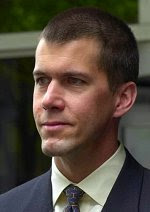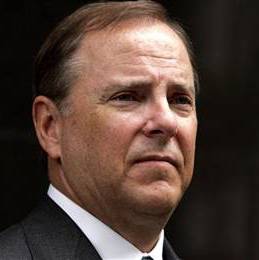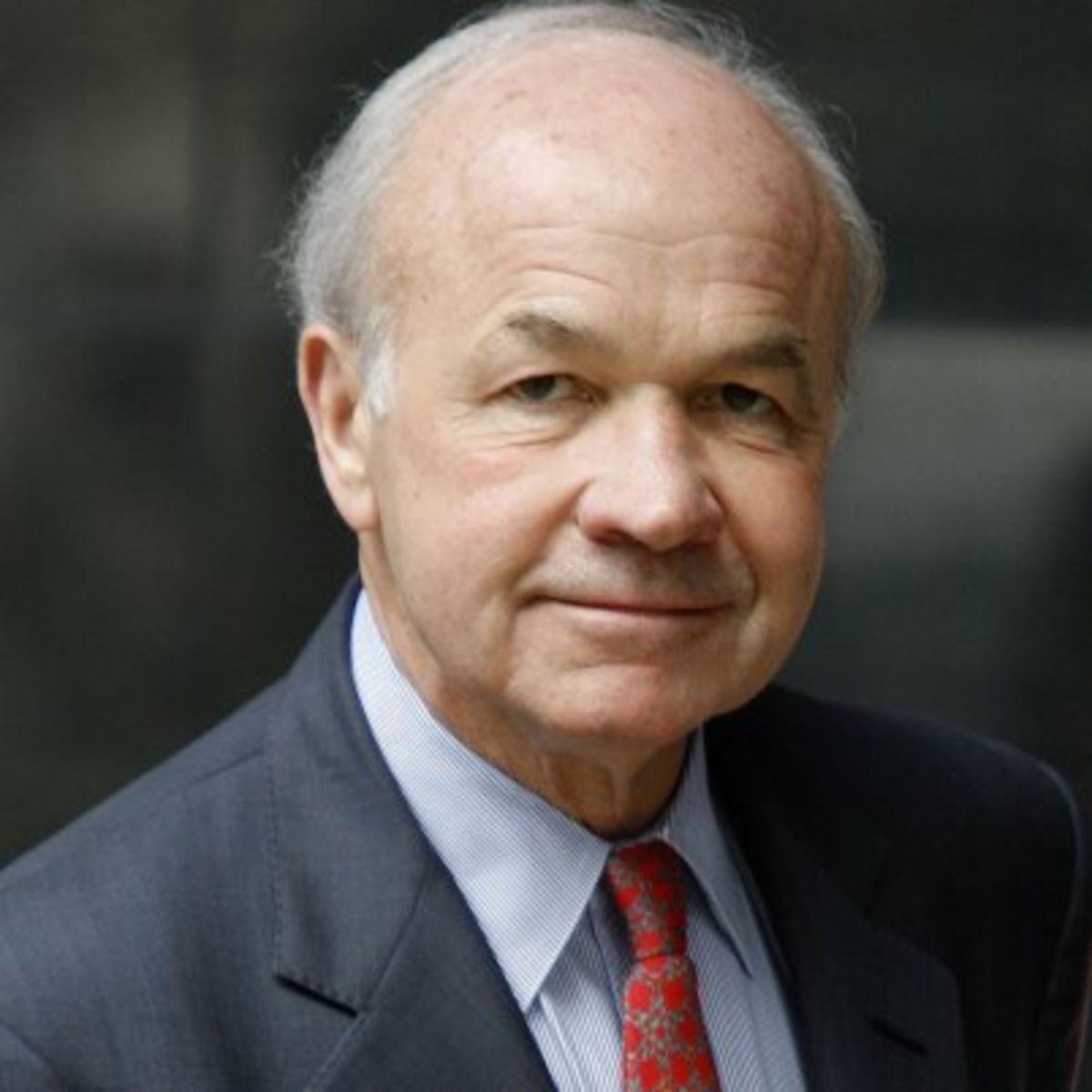 With no valid case against former Enron Broadband CFO Kevin Howard, what was the Department of Justice to do?
With no valid case against former Enron Broadband CFO Kevin Howard, what was the Department of Justice to do?
Rattle the saber of the trial penalty and cut a deal.
On one hand, the deal appears to be an extraordinarily good one for Howard.
The DOJ has already run him through two financially and emotionally draining trials and related appeals, both of which resulted in embarrassing defeats for the DOJ. Had the DOJ been able to persuade a jury to make even a small portion of the charges stick (not particularly difficult in this anti-Enron environment), Howard would probably have been looking at doing between 5-10 years of prison time while appealing his convictions (believe me, there is precedent for that in the Enron-related criminal cases). So, serving four to 12 months of probation or home confinement doesn’t look too bad in comparison.
But on another level, the deal that Howard was forced to take stinks.
As with Jeff Skilling, Kevin Howard didn’t steal a dime from Enron and was simply trying to do the best job he could of preserving value in the company’s broadband unit under difficult market conditions.
Moreover, it’s not as if the unit didn’t have potential — Enron’s joint venture with Blockbuster was intended to bring video on demand to millions of households. Almost a decade later, this technology exists on cable and is quite similar to the technology used in Apple Computer’s popular iPod. This latter system is a elegant accommodation to copyrighted music and video programming in which artists are compensated and consumers have tremendously enhanced access to information and entertainment.
As Skilling testified during his trial, although Enron’s investment in its broadband unit turned out to be a loser, Enron’s bet on broadband had been the right one to make:
“And one last thing — I’ll make the last one argument for Broadband because people criticize me about Broadband, and I will take the criticism. We — certainly, we made a mistake. But it wasn’t big. I mean, it was a billion dollars. We invested a billion dollars in the Broadband business. If it had worked, it could have been worth $30 billion. It didn’t work. We lost a billion dollars, but if you can make those kinds of bets, that’s the kind of the risk you [should be taking] as a corporation. And if you do a lot of [deals with a] downside of a billion and upside of $30 [billion], you’re doing a good job for your shareholders in the long run, in my opinion. This one didn’t work.”
That, as Skilling noted, is the type of risk that management needs the freedom to take in order to create wealth for shareholders. Criminalizing those types of failed bets is a sure way to dampen the climate for wealth creation.
Thus, confronted with no evidence of criminal wrongdoing outside of Andrew Fastow’s relatively small Enron circle of friends, and under heavy political pressure to identify some Enron scapegoats, the Enron Task Force made up a crime against Howard and others. It turned out to be violation of the honest services wire-fraud statute under 18 U.S.C. § 1346.
However, there was a problem with the Task Force’s theory of criminal liability. Honest services wire-fraud is normally supposed to address the situation where a business executive takes a kickback or a bribe in violation of his fiduciary duty to his company. Howard wasn’t even accused of doing any such thing. In Howard’s case — as with the case against Skilling — the Task Force simply used those inapplicable charges as a means to appeal to juror resentment against anything having to do with Enron.
In reality, Howard was involved in representing Enron in the negotiation of legitimate business transactions that were evidenced by written agreements that provided that all agreements or representations between the parties that are not contained in the written agreements were void and unenforceable.
But that’s not what really happened, contended the prosecution — Howard entered into “secret side deals” that changed the risk allocation of the written agreements and eviscerated Enron’s accounting treatment of the transactions. The prosecution “paid” a couple of witnesses to testify against Howard by cutting favorable plea deals with them and “presto” — the DOJ had a colorable criminal case to pursue against Howard. Who cares whether the statute under which the prosecution is brought has nothing to do with the alleged crime?
Now, two expensive trials and related appeals later, Howard was confronted with the choice of, on one hand, admitting to a crime that he did not commit and a soft sentence or, on the other, a third trial and a draconian trial penalty.
Howard’s dilemma sheds light on the disparate burdens on civil and criminal defendants in business misconduct cases. While a defendant in a civil business misconduct lawsuit has protections against another party’s vexatious litigation tactics, those protections do not exist in a criminal business misconduct case against an unpopular businessman-defendant. Indeed, many of the Enron Task Force prosecutors who promoted these failed Enron-related prosecutions have gone on to lucrative careers in private practice.
Meanwhile, the damaged lives, ruined career, and destroyed wealth that lie in the wake of the prosecutions of Kevin Howard is tangible evidence of the enormous cost of such prosecutions.
The statement of facts upon which Howard’s plea is based is still not available online; I will post it when it is filed with the District Court. But my bet is that most of the statement will not even describe wrongdoing, much less criminal conduct.
During a time in which we ought to be thinking about how to create incentives for generating wealth and jobs, a truly civilized society would find a better way.









 Former Hollinger International chairman and CEO
Former Hollinger International chairman and CEO